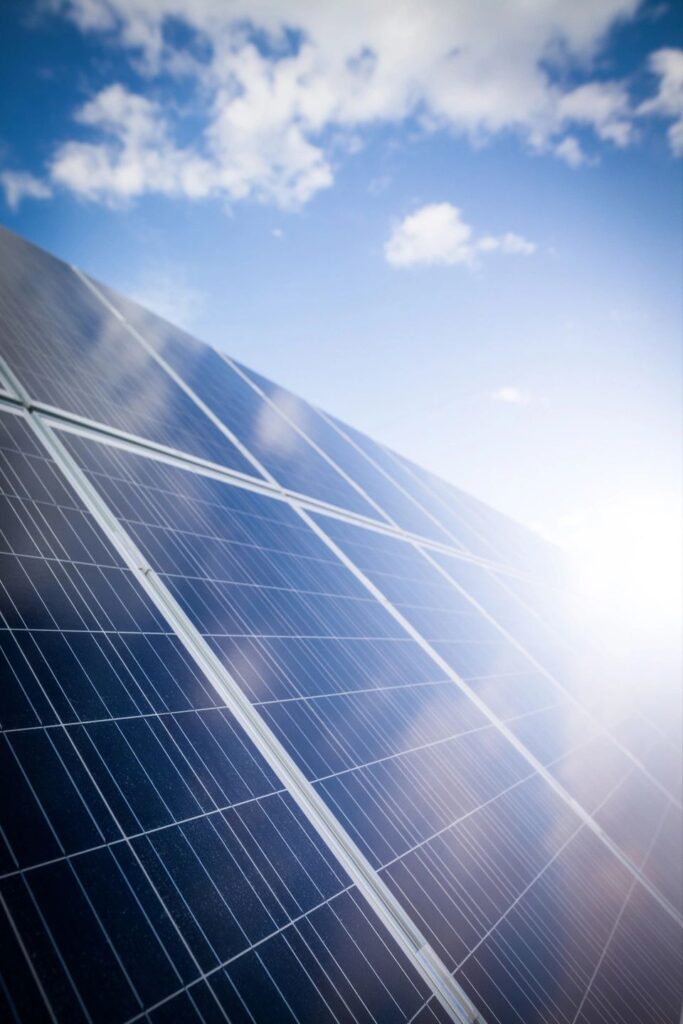
ATLANTA – Legislation that would let Georgia Power customers buy electricity from third-party providers of solar energy got a first hearing in the General Assembly Monday.
Under House Bill 1152, customers could subscribe with community solar providers for projects producing no more than six megawatts of power. Because the measure calls for the amount of credit on bills community solar customers would receive to be determined by the state Public Service Commission (PSC), it would be limited to Georgia Power customers since the state’s other utilities are not regulated by the PSC.
“Community solar” projects are smaller than utility-scale solar projects but larger than rooftop solar panels installed by individual property owners. Community solar allows residential and business property owners who might not be able to afford rooftop solar to participate in solar energy development.
Georgia ranks among the top 10 states for utility-scale projects but in the bottom 10 for smaller “distributed generation” projects, Bryan Jacob, solar program director for the Southern Alliance for Clean Energy, told members of a House subcommittee Monday.
“This bill will help us right that ship,” he said.
Elizabeth Van Holt, new markets director for the Coalition for Community Solar Access, said her organization has invested $10 billion to build seven gigawatts of community solar projects in 20 states.
“It’s a pro-jobs, pro-development bill,” she said of House Bill 1152. “It’s an opportunity for ratepayers to lower their bills.”
Van Holt said passage of the bill would mean Georgia wouldn’t have to import one-sixth of its energy from other states.
But representatives of Georgia Power, who spoke out against the bill, said there is no energy supply shortage in Georgia that needs to be addressed.
“The market for solar right now in Georgia right now is really vibrant,” said Wilson Mallard, the Atlanta-based utility’s director of renewable development. “There’s no shortage of opportunity for solar developers.”
Mallard also argued the legislation would result in a shifting of costs to Georgia Power customers not participating in the community solar program.
“We remain responsible for the reliability of the grid,” Mallard said. “But now, we’re going to short our collection of costs. That’s absolutely going to create a cost shift.”
Representatives of Georgia’s electric membership cooperatives (EMCs) also spoke in opposition to the bill, even though they would not be affected directly by the measure.
The subcommittee was only scheduled to hold a hearing on the legislation Monday and took no action on the bill.
